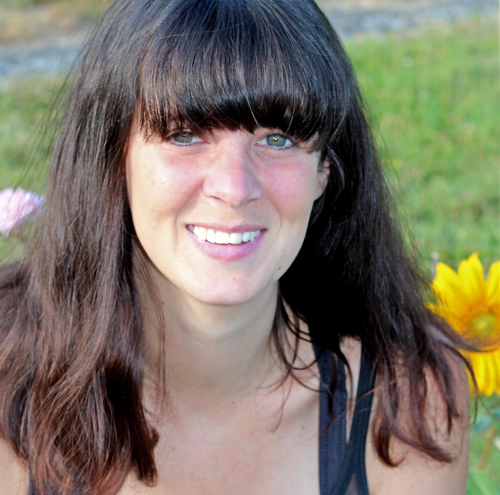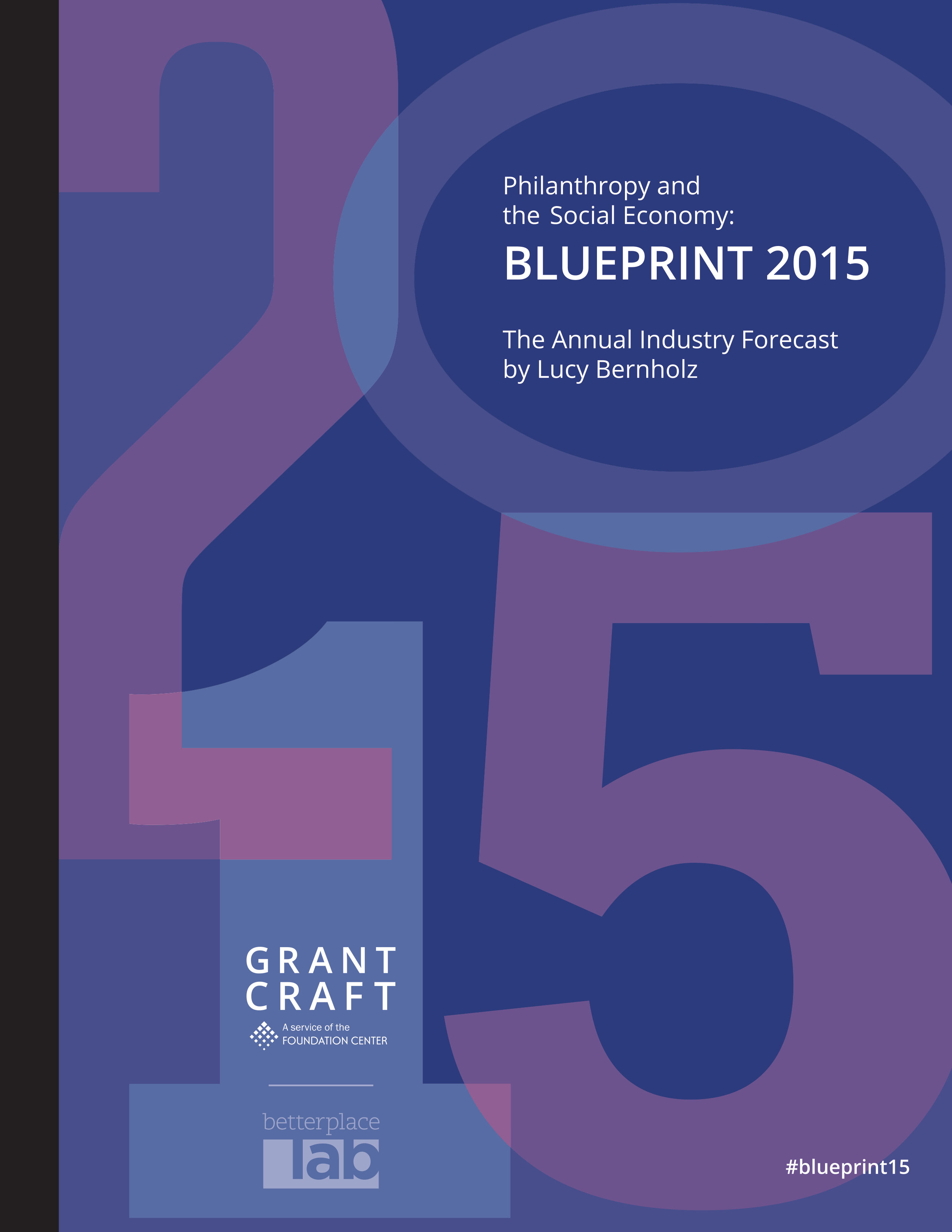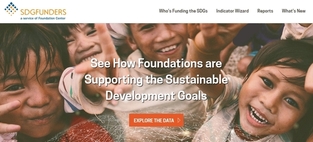Building Transparency Into the Operational Structure of a New Fund
It's nearly two years since the inception of Edge Fund. From the beginning, we had aims to be democratic, accessible, and accountable to the groups and communities our decisions affect whilst also providing much needed funding to grassroots efforts. Transparency has been an important part of what we do and has led to an approach that involves the communities and groups we aim to help as decision-makers, and brings them together to support and learn from each other.
As a group of people concerned about social justice, it was not sufficient only to focus on inequality of wealth, but also to overcome issues of power. Therefore, the process of setting up our fund was a collective process involving around fifty people from different communities and groups across the UK. We wanted to get funding to groups that other funders considered to be too radical, and to groups led by and for communities facing injustice and discrimination who often face many barriers to funding.
Gaining trust
One of our biggest challenges is gaining the trust of communities who have long been excluded and minoritised by the mainstream. Isis Amlak, of grantee group One Voice Community Collective and a member of Edge Fund, explained the situation with one community: "Historically when ‘Black’ (in a political sense, to include all communities facing discrimination based on their race) groups have taken funding, they have found themselves compromised and, restricted, and far too many became reliant to the detriment of creativity, self-reliance, and self-sustainability. When the funding stopped, they stopped. There is also a great deal of suspicion, rightly so, about sources of funding; who are the benefactors/philanthropists behind the scenes? What is the real agenda?” The same issues apply to many other communities, such as low income communities and disabled people, who often find that both funders and charities impose their own solutions on to them with little consultation let alone actually involving them in the decision-making process.
At the beginning, the vast majority of those involved with Edge Fund were from privileged backgrounds; mostly white middle class people. This had to change. In order for people from less privileged backgrounds to trust us and get involved, we would need to be completely open and transparent. The best way to promote this level of transparency is to actually involve the groups and communities we want to support in determining our collective values, how we operate and what we fund. This led to us incorporating as a form of co-operative. A co-operative is run by the people who benefit from its services, known as their members, who each have an equal say. A handful of our members have contributed sums of at least £5,000, but have no more say than those who have not contributed at all. Our form of co-operative benefits both our members and the wider community. With just one part-time member of staff, we rely on our 125 members to be actively involved.
After every round of funding, we invite people from the groups we've funded to join us as members, which has helped the organisation to grow and become more diverse. We also receive membership applications from people outside the application process and have made public call outs for people from communities facing discrimination and injustice to join us. Anyone who came to our initial meetings would not recognise us now, the make-up of the membership has changed so much, but we are still a work in progress and hope to keep improving. Decisions about our values and how we operate were initially made at our early meetings and are reviewed after every funding rounds. All members are invited to take part in reviews, and we do our best to make the process accessible by covering travel costs where needed and allowing members to contribute over email, online surveys, or side meetings. Minutes and notes are shared publicly on our website.
Getting funding to those who need it most
Alongside the issues of trust and transparency is that of accessibility. Common barriers to funding include being outside the usual networks or practical issues relating to language, literacy, and access to computers and internet. Most of the groups we fund are informally structured (i.e. not registered or constituted in some cases) and don't have any paid staff (certainly not paid fundraisers), which represent more barriers to receiving other funding.
To make our funding accessible, we've tried to pay careful attention to the language we use and our methods of communication (e.g. not being reliant on email), although we have a lot more work to do to get that right. We have a two-step application process; in the initial stage there are five questions, including who runs the group (particularly in relation to who they aim to help) and how much money they raise every year, which can be answered over the phone with one of our members. In the second stage, we have members on hand to help applicants submit further information, either in written, audio, or video formats. Here we ask for details such as who makes decisions and how and which others groups they work with.
Another important part of being transparent is providing meaningful feedback to applicants to explain our decisions, especially when an application is turned down. Feedback is based on the comments provided during our members’ evaluation of applications (see below). Whilst it can take months to get feedback to each of our applicants, it seems it is genuinely appreciated. Sometimes it highlights areas where we can be clearer about our aims or where we could offer more support, particularly to applicants who are more likely to face barriers.
The many are smarter than the few
Funding decisions are made collectively by members and based loosely on the 'wisdom of crowds' theory. Members receive a minimum of ten applications to individually score and give feedback on. Their scores are collated and averaged out to draw up a short-list. In our last round over 60 members took part in the individual scoring and the final meeting, where the final decisions are made, was attended by 68 people from our membership and shortlisted applicants who all took part as equals. During the funding meeting the final applicants set up stalls, giving members and other applicants the opportunity to find out more about their work, before voting for them at the end. After our first round we decided to include an extra stage in the process to improve our accountability; this involves members scoring applications affecting their own community first and giving guidance to the rest of the members. This helped to resolve issues where members were making judgements about communities or issues they did not have sufficient understanding of.
Whilst this may seem like a time-consuming task, the benefits far outweigh the negatives. Aside from the obvious democratic nature of the process, we are also drawing on the knowledge and networks of a large number of people. Often members know the groups that have applied and can provide detailed information about the group. It's also an educational and reassuring process for members, who get to read about a variety of issues affecting a range of communities and what work is being done to tackle them.
Connecting people, communities and movements
We are repeatedly told that actually it's not our funding that is the most important aspect of our work; it's the bringing together of people from different groups and backgrounds. Applicants seldom know who the other applicants are, but in our process, they get to meet some of them in person, hear about their work, and then vote for each other. As mentioned above, the final stage of the funding process involves both members and applicants working together as equals to decide the final allocation of grants. Many representatives of groups we fund then join us as members. Connections are made at our meetings that seldom happen elsewhere. Most importantly, through meeting others outside our usual networks, the inter-related nature of all the issues we're working on can become clearer which can help build solidarity between movements and increase understanding of their root causes. In our last meeting, Michael Daduc, of grantee group Europe Roma Network and an Edge member, met with the Chagos Refugees Support Group. He said, "I could see how they feel. They have been evicted from their home and have to live somewhere else. They don't have their own country anymore, just like my community, the Roma people. They should be able to go home”.
We believe it is essential that funders involve the communities they aim to support in their decision-making. We are just learning ourselves how to do this and would love to learn from others too. Some approaches could involve including people from communities you aim to help on your board, or perhaps even ear-marking a pot of money for a particular community and letting them determine its use for their own benefit. Ultimately, those who feel it know it - it's time to let people determine their own futures.
This post was written collectively with four other Edge members.



